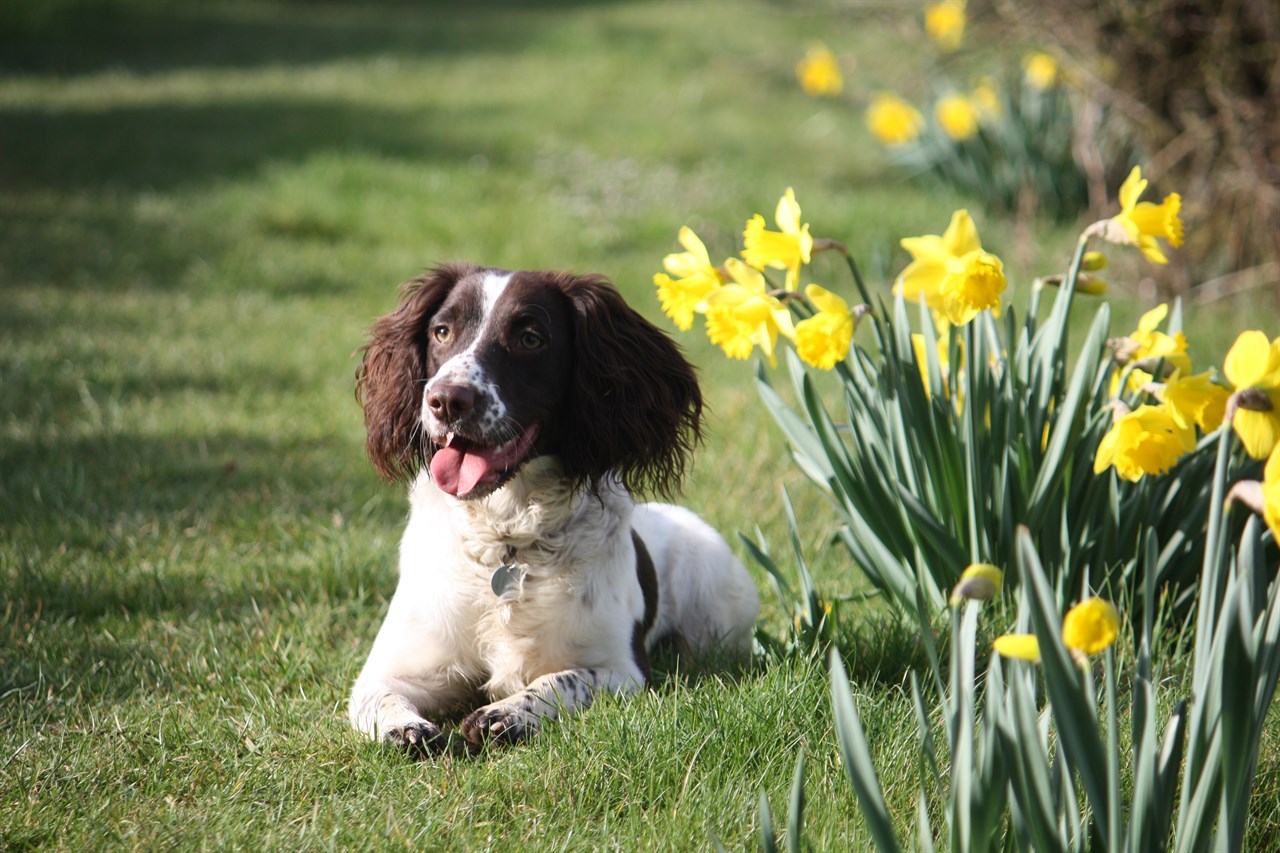Barking Habits of the English Springer Spaniel

English Springer Spaniels are known for their vocal nature, and barking is an integral part of their communication repertoire. Understanding their barking habits can help owners manage and address this behaviour effectively.
Do Springer Spaniels Bark a Lot?
Yes, Springer Spaniels can be considered quite vocal, and they have a propensity to bark. However, the degree of barking can vary among individual dogs. Some Springers may be more reserved in their vocalisations, while others may be more prone to barking, especially in certain situations.
Why Do Springer Spaniels Bark So Much?
- Alertness: Springer Spaniels are naturally alert and make excellent watchdogs. They may bark to alert their owners to perceived threats or unfamiliar sounds, making them valuable in providing security.
- Excitement: These dogs are known for their enthusiasm, and they may bark when they are excited or happy. This is common when they are engaging in play, greeting their owners, or anticipating a fun activity.
- Boredom: Springer Spaniels have high energy levels and require mental and physical stimulation. When they become bored or restless, they may resort to barking as a way to release pent-up energy or seek attention.
- Separation Anxiety: Some Springer Spaniels are prone to separation anxiety, and barking can be a symptom of distress when left alone. They may bark as a way to express their anxiety and attempt to reconnect with their owners.
- Hunting Instincts: Springer Spaniels have a strong hunting background, and their keen sense of smell can lead them to bark when they detect scents or wildlife. This instinctual behaviour is deeply ingrained in their genetics.
- Social Interaction: Springer Spaniels are sociable dogs and may bark to initiate play or interaction with other dogs or humans. This type of barking is often accompanied by a wagging tail and a playful demeanour.
To manage excessive barking in Springer Spaniels, consider the following strategies
- Training: Engage in obedience training to teach your Springer commands like "quiet" or "enough." Reward them for ceasing barking on command.
- Exercise: Ensure your dog receives sufficient exercise and mental stimulation to expend their energy, reducing restlessness and boredom-related barking.
- Socialisation: Properly socialise your Springer Spaniel from a young age to minimize anxiety-related barking and improve their overall behaviour.
- Create a Quiet Environment: Use curtains or blinds to block visual stimuli that might trigger barking. Provide a quiet and comfortable space for your dog when they are home alone.
- Address Separation Anxiety: If your Springer Spaniel exhibits separation anxiety, work with a professional dog trainer or behaviourist to implement a behaviour modification plan.
- Seek Professional Help: If excessive barking persists despite your efforts, consult with a veterinarian or professional dog trainer to rule out any underlying medical or behavioural issues.
In conclusion, English Springer Spaniels are known for their vocal tendencies, but the reasons for their barking can vary. With proper training, socialisation, and attention to their needs, you can manage and reduce excessive barking in your Springer Spaniel, ensuring a harmonious living environment for both you and your beloved canine companion.
English Springer Spaniel puppies for sale
- Find English Springer Spaniel puppies for sale in ACT
- Find English Springer Spaniel puppies for sale in NSW
- Find English Springer Spaniel puppies for sale in NT
- Find English Springer Spaniel puppies for sale in QLD
- Find English Springer Spaniel puppies for sale in SA
- Find English Springer Spaniel puppies for sale in TAS
- Find English Springer Spaniel puppies for sale in VIC
- Find English Springer Spaniel puppies for sale in WA